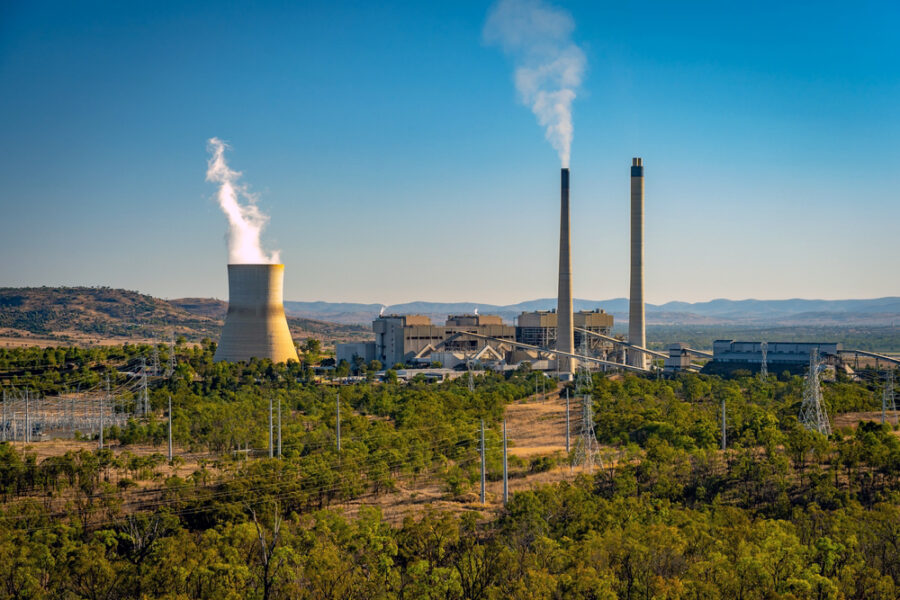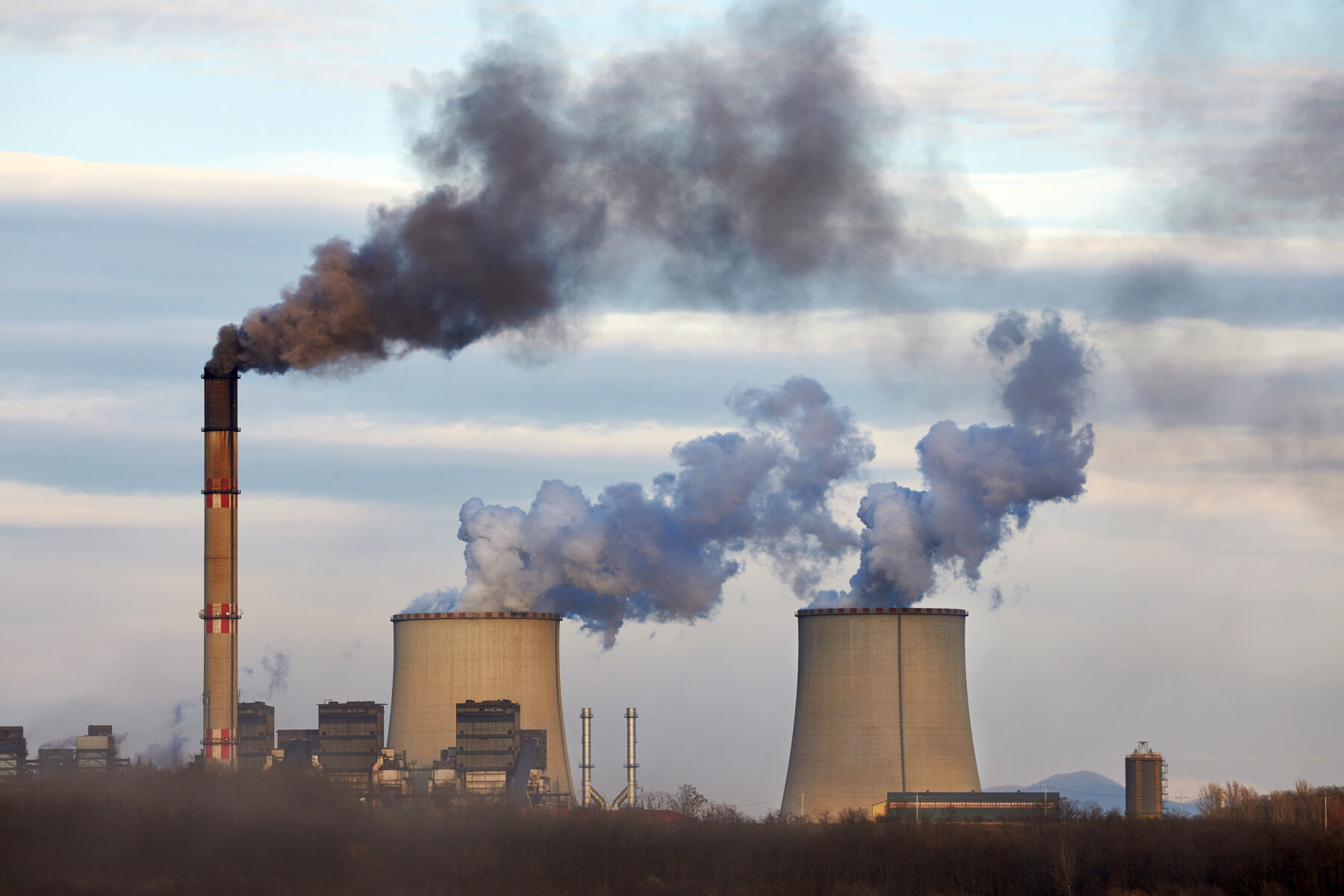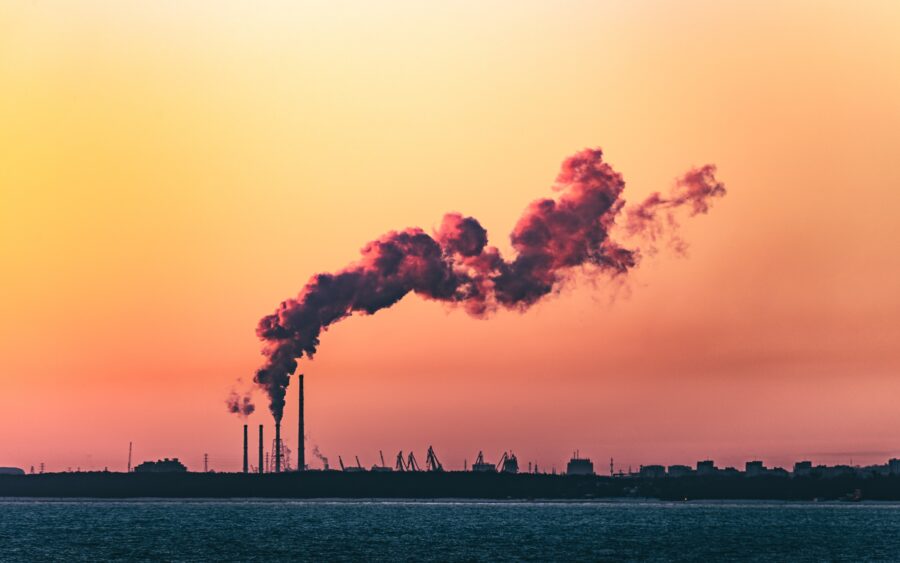Climate change summit ends with deal to move away from fossil fuels

A deal has been struck in Dubai after two weeks of negotiations and uncertainty over whether fossil fuels would be mentioned in the final agreement.
The deal to “transition away from fossil fuels” represents the first time oil, coal and gas have been mentioned in COP agreements since the annual summits began almost three decades ago, with COP28 President Sultan Al Jaber saying the agreement represented “a paradigm shift that has the potential to redefine our economies.”
More than 100 countries lobbied for strong language in the COP28 agreement to “phase out” oil, gas and coal use but came up against strong opposition from the Saudi Arabia-led oil producer group, the Organisation of the Petroleum Exporting Countries (OPEC), which said the world could cut emissions without shunning specific fuels.
Small climate-vulnerable island states were among the most vocal supporters of language to phase out fossil fuels. They had the backing of major oil and gas producers such as the United States, Canada and Norway, as well as the European Union and other governments.
That battle pushed the summit a full day into overtime on Wednesday and had some observers worried the negotiations would end at an impasse.
To some extent, the language to “transition away” describes what has already begun to happen, with some governments enacting policies in recent years to transition to a greener economy.
The deal calls on governments to accelerate their transition to a green economy by tripling renewable energy capacity globally by 2030, increasing efforts to reduce coal use, and accelerating technologies such as carbon capture and storage to clean up hard-to-decarbonise industries.
Now the deal is formalised, countries are responsible for delivering these objectives through national policies and investments.
“Understandably, most of the critical commentary on the final COP28 decision has focused on the compromise text on fossil fuels,” said Professor Robyn Barry, a Distinguished Professor in Political Science at the University of Melbourne.
“The last-minute amendments provided a modest improvement but remain disappointing and predictable given the strong opposition to a fossil fuel phase down by the petrostates.”

“What is more interesting, and potentially productive, are the surprises. The first is that ‘just transition’ was mentioned no less than eight times in the text. For example, the parties acknowledged that just transition strategies ‘support more robust and equitable mitigation outcomes’. The parties are also urged to communicate or revise, by the next COP, their long-term mitigation strategies ‘towards just transitions to net zero emissions,'” Professor Robyn said.
“The second is that climate minister Chris Bowen demonstrated solidarity with Australia’s Pacific neighbours in calling for a fossil fuel phase-out. Bowen’s support for the Pacific will certainly help the Labor government in its bid to host COP31 in 2026. However, it also means that domestic climate and energy politics are set to become more interesting, given Australia’s status as a major fossil fuel exporter.”
Amanda McKenzie, CEO and co-founder of the Climate Council, Australia’s leading climate science communications organisation, said the agreement was “significant”.
“This is a huge moment,” she said. “For the first time, nations have collectively agreed to tackle pollution – from burning coal, oil and gas – that is overheating our planet and harming people all over the world.
“This is the death knell for fossil fuels. This agreement sets us on a clear path to embrace clean energy technology like wind, solar and batteries, and move beyond fossil fuels.”
Greens leader Adam Bandt said the statement from the summit did not go far enough but said the message for the federal government was clear.
“The weak word salad from the global climate summit proves one thing – Australia can’t wait for other countries before stopping new coal and gas mines,” he said on social media platform X.
The weak word salad from the global climate summit proves one thing: Australia can’t wait for other countries before stopping new coal and gas mines.
Limiting global heating to 1.5C means no new coal & gas at a minimum, yet Labor still wants more & the other petrostates do too.
— Adam Bandt (@AdamBandt) December 13, 2023
The Australian Government states in its climate change strategy that it is currently working to reduce emissions by upgrading the electricity grid to support more renewable power, reducing the price of electric vehicles, encouraging businesses and consumers to reduce emissions through government-backed incentives, and reporting on greenhouse gas emissions to increase accountability.
It also states that it is partnering with its Indo-Pacific neighbours to reduce emissions, helping negotiate and meet Australia’s obligations under the Paris Agreement and reducing baselines under the Safeguard Mechanism.



